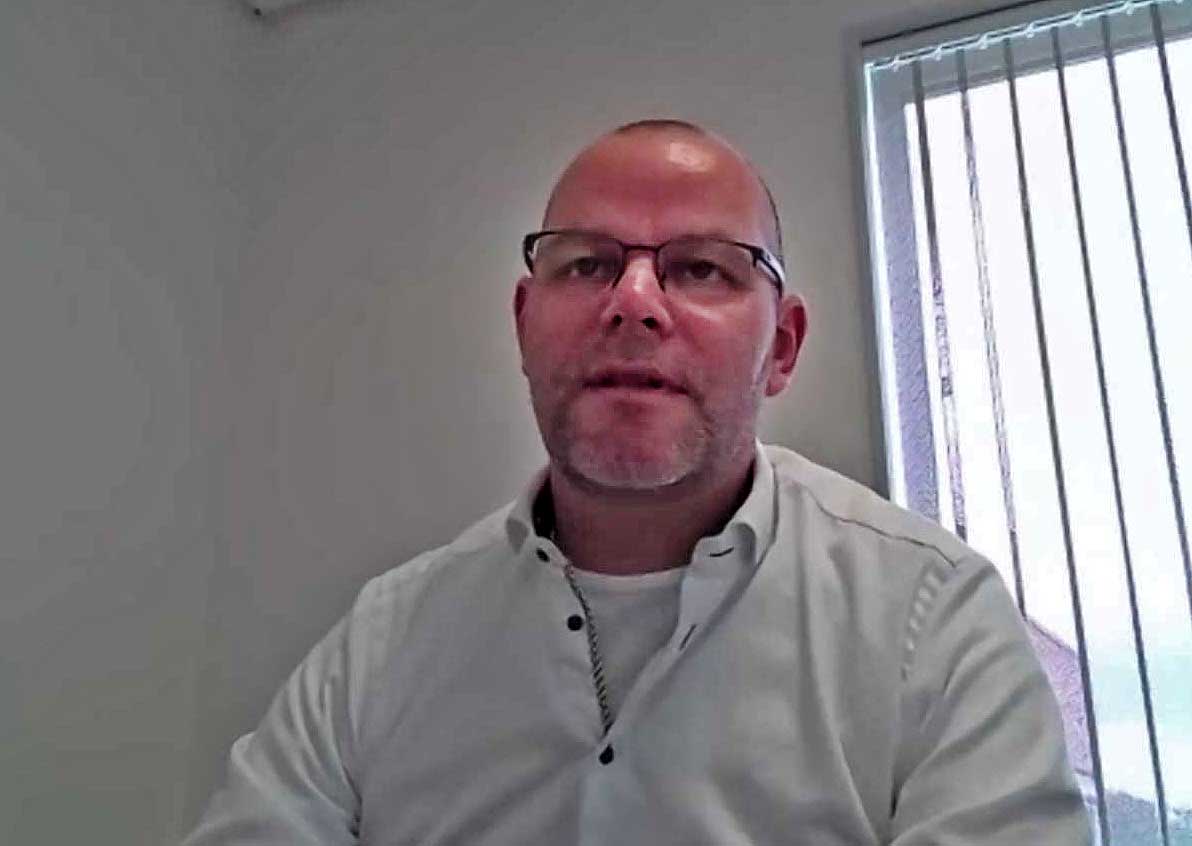Finance is often a bottleneck for start-ups that want to grow. The technology may have been proven in the lab, but scaling up is costly and risky. Not least because making innovations marketable often takes more time and effort than initially anticipated. That is why traditional financiers, such as banks, are reluctant and why investors who know what the circular bio-economy entails are needed. Two names keep popping up: the European Circular Bioeconomy Fund (ECBF) and SHIFT Invest. They presented themselves during the meeting in June.
ECBF
The fact that start-ups often fail in the scale-up phase due to a lack of funding was precisely the reason why the European Commission decided to set up the ECBF, explained Peter Nieuwenhuijzen, one of the partners in this first European venture capital fund exclusively for the circular bio-economy. The fund is backed by both private investors and the European Investment Bank. ECBF is therefore seen as an important financial instrument that contributes to the European Green Deal to make Europe climate neutral by 2050. Another special feature is that entrepreneurs can expect more than just a bag of money. The fund acts as an active investor; the partners all have years of experience in the circular bio-economy. Nieuwenhuijzen himself was CTO and Director of Sustainability at AkzoNobel Specialty Chemicals (Nouryon). He is therefore able to get to the bottom of companies and to act as a sparring partner alongside entrepreneurs.
SHIFT Invest
SHIFT Invest has been around for a while now: ten years to be precise. “We do impact investment. Our aim is to combat climate change, the loss of biodiversity and the depletion of the earth’s resources, says Bram Ledeboer, partner in this fund. Impact investing involves more than investing in the bioeconomy, but it is a sector that is enjoying growing interest.
The fund has already invested in dozens of Dutch start-ups and scale-ups in the circular bio-economy with green investments that enable upscaling and commercialisation. These include well-known names such as Foamplant, Chaincraft, Meatless and Protix. SHIFT Invest also supports portfolio companies through management interaction, strategic support and sharing technical insights and market knowledge. The fund also provides (pre-)seed capital in convertible loans to promising start-ups through the Thematic Technology Transfer (TTT) Fund, in cooperation with the four Dutch Universities of Technology (4TU) and applied research institute TNO.
Chain of Custody
Financing is vital for companies in the bioeconomy. An important condition for obtaining it is that a company can also offer clarity on the availability of sustainable feedstocks, emphasises John Bouterse, board member of PBE during the members’ meeting: “Especially now that a whole new market for biobased raw materials is emerging, namely as raw material for green chemistry. If in the future questions are raised about the origin of biobased feedstock, you end up in a similar social discussion as is currently being held about woody biomass for energy. Reliable (certified) chain management is important for the security of supply. On this subject, the PBE together with the Rotterdam Bio Commodities Network (RBCN) organises on 29 June the webinar ‘Chain of Custody Biobased Raw Materials’ and on 1 July an International webinar with a similar theme ‘How to build strategic partnerships to further grow the global biobased economy‘. Participation in both webinars is free of charge. Look for more information in the agenda.
This article was written in cooperation with the Platform Bio-Economie.
Image: Miha Creative/Shutterstock






